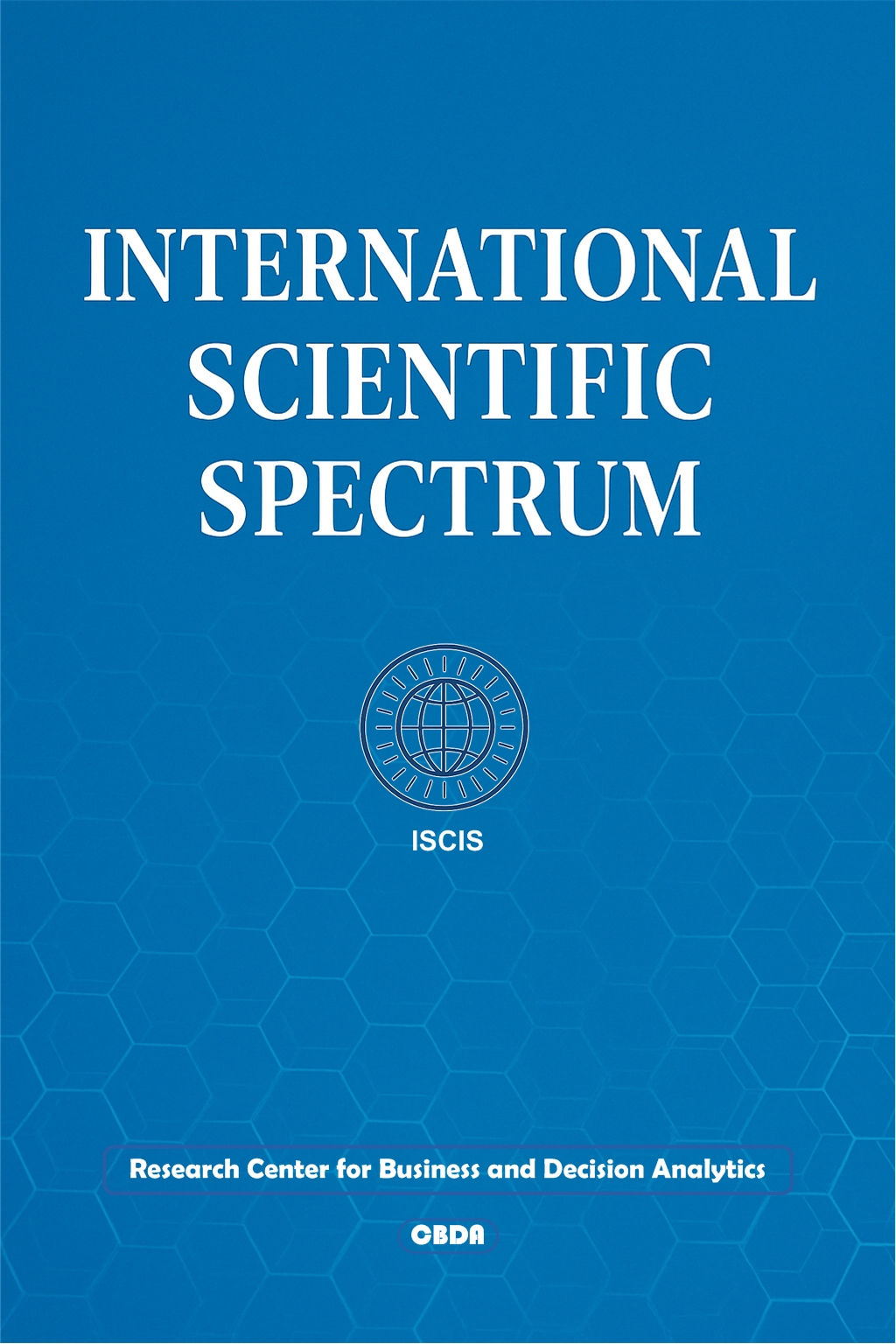Promoting the Adoption Dynamics of Autonomous and Shared Autonomous Vehicles: A Scientific Mixed-Methods Approach
- Authors
-
-
Charli Sitinjak
Faculty Psychology, Universitas Esa Unggul, West Jakarta City, Special Capital Region of Jakarta 11510, IndonesiaAuthor -
Vladimir Simic
University of Belgrade, Faculty of Transport and Traffic Engineering, Vojvode Stepe 305, 11010 Belgrade, SerbiaAuthor -
Wiyanti Fransisca Simanullang
Research Center for Chemistry, National Research and Innovation Agency Gedung BJ Habibie, Jalan M.H. Thamrin, No. 8, Jakarta Pusat 10340, IndonesiaAuthor
-
- Keywords:
- Autonomous Vehicles, Shared Autonomous Vehicles, Choice Intention, Theory of Planned Behavior, Scientific Cross-sectional Study, Sustainability Spectrum
- Abstract
-
Autonomous vehicles (AVs) and shared autonomous vehicles (SAVs) can solve serious issues like traffic congestion, pollution, and inefficient transportation in Jakarta, Depok, Tangerang, Bogor, and Bekasi (JABODETABEK). This comprehensive scientific study examines the intricate spectrum of factors that affect AV and SAV acceptability in this ever-changing environment. These include knowledge, attitudes, relevance, subjective norms, behavioral control, and intents. This study synergizes quantitative analysis with qualitative interview observations. It seeks to explain the complicated spectrum that drive AV and SAV adoption in JABODETABEK. The findings show that when people learn more, they regard AVs and SAVs as less important but safer and more advantageous. Knowledge also affects intentions, emphasizing the need for education and information exchange to lower worries and boost acceptance. In contrast, the perception of relevance negatively impacts attitudes and intentions toward AVs and SAVs, emphasizing the need for customized approaches to improve the perceived relevance of these revolutionary technologies in JABODETABEK. This scientific study adds quantitative and qualitative insights to autonomous transportation technology discussions. It also illuminates how knowledge, attitudes, cultural norms, and perceived importance affect the adoption of these technologies in a dynamic urban region. This scientific study sheds light on sustainable spectrum and efficient mobility solutions.
- Downloads
-
Download data is not yet available.
- Additional Files
- Published
- 2025-10-06
- Section
- Articles
- License
-
Copyright (c) 2025 Charli Sitinjak, Vladimir Simic, Wiyanti Fransisca Simanullang (Author)

This work is licensed under a Creative Commons Attribution 4.0 International License.





